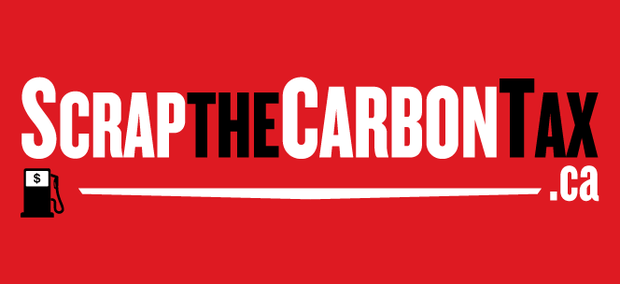To unify a divided country, start by scrapping the federal carbon tax

(This column originally appeared in the Toronto Sun)
Prime Minister Justin Trudeau held on to his office, but his victory came with a serious downside: outside of a few ridings in Winnipeg, you can now drive all the way from Thunder Bay to the suburbs of Vancouver without crossing a Liberal-held constituency.
There is simply no way to interpret the result as anything other than a country deeply divided.
Governing a country as diverse as Canada is a challenge at the best of times, and the growing anger in much of Western Canada should concern all Canadians.
It is also the reason why, for the good of the country, Trudeau should hit the brakes on his carbon tax.
No, really. Hear me out. I know what you’re thinking. Why on earth would he do that? The Liberals won. Green policies are a centerpiece of their campaign. Why should their first move be to concede ground to their opponents?
There are at least three good reasons.
First, no one should conflate the desire to fight climate change generally with support for Trudeau’s carbon tax specifically.
Throughout the campaign, the Liberals refused to even say if they would raise the carbon tax, precisely because they know it’s extremely unpopular. Whatever the theoretical merits of carbon taxes, in the real world, they are objectively problematic – especially in a country where some regions will feel their bite far more than others.
And the hatred of the tax is not even matched with enthusiastic support. Many bullish advocates could take or leave carbon taxes, noting that the controversy they generate consumes precious political capital in the fight against climate change; others have argued that measures such as flexible regulations might be just as effective anyway.
The Liberals themselves have constantly talked about all the other measures they will be taking to battle climate change – why not shift the focus to something less divisive than the carbon tax?
Second, the governments of Alberta, Saskatchewan and Ontario are all so furious about the carbon tax that they’re fighting Trudeau in court. But all of those governments also insist that they have viable environmental plans that don’t depend on a carbon tax. If the prime minister genuinely wants to offer them an olive branch, he could give these provinces the chance to implement their own policies.
Third, it would be a show of immense good faith to parts of the country that are extremely frustrated, especially Alberta. Trudeau may honestly believe his “grand bargain” of supporting (and eventually buying) the Trans Mountain pipeline expansion in exchange for imposing the carbon tax to be a reasonable compromise, but the actual result has been to please no one by antagonizing supporters and opponents of both. Worse, the pipeline looks suspiciously like a pipe dream while the hated carbon tax is all too real. Taking the carbon tax out of the equation for the time being is a concrete step Trudeau can take immediately to show that he truly understands the depth of Alberta’s pain.
There is no shortage of platitudes from politicians who say they want to bring the country together. Trudeau now sits in a position to actually take a big step towards doing it. Nobody is asking him to give up the fight against climate change. But for the sake of the country, he should rethink the policies he’s using to fight it.